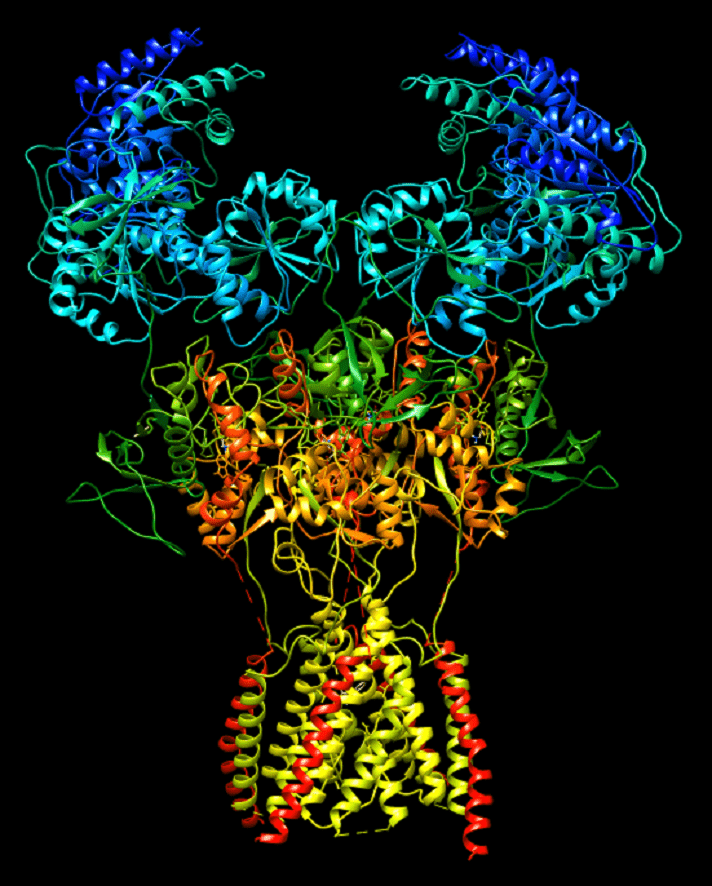Posts Tagged ‘depressive beliefs’
Study identifies cognitive benefits of ketamine in patients with treatment-resistant depression
Which factors determine what we believe about our world, ourselves, our past, and our future? Cognitive neuroscience suggests that our beliefs are dependent on brain activity, specifically on the way our brains process sensory information in order to make sense of our environment. These beliefs (defined as probability estimates) are central to our brain’s predictive…
Read More
